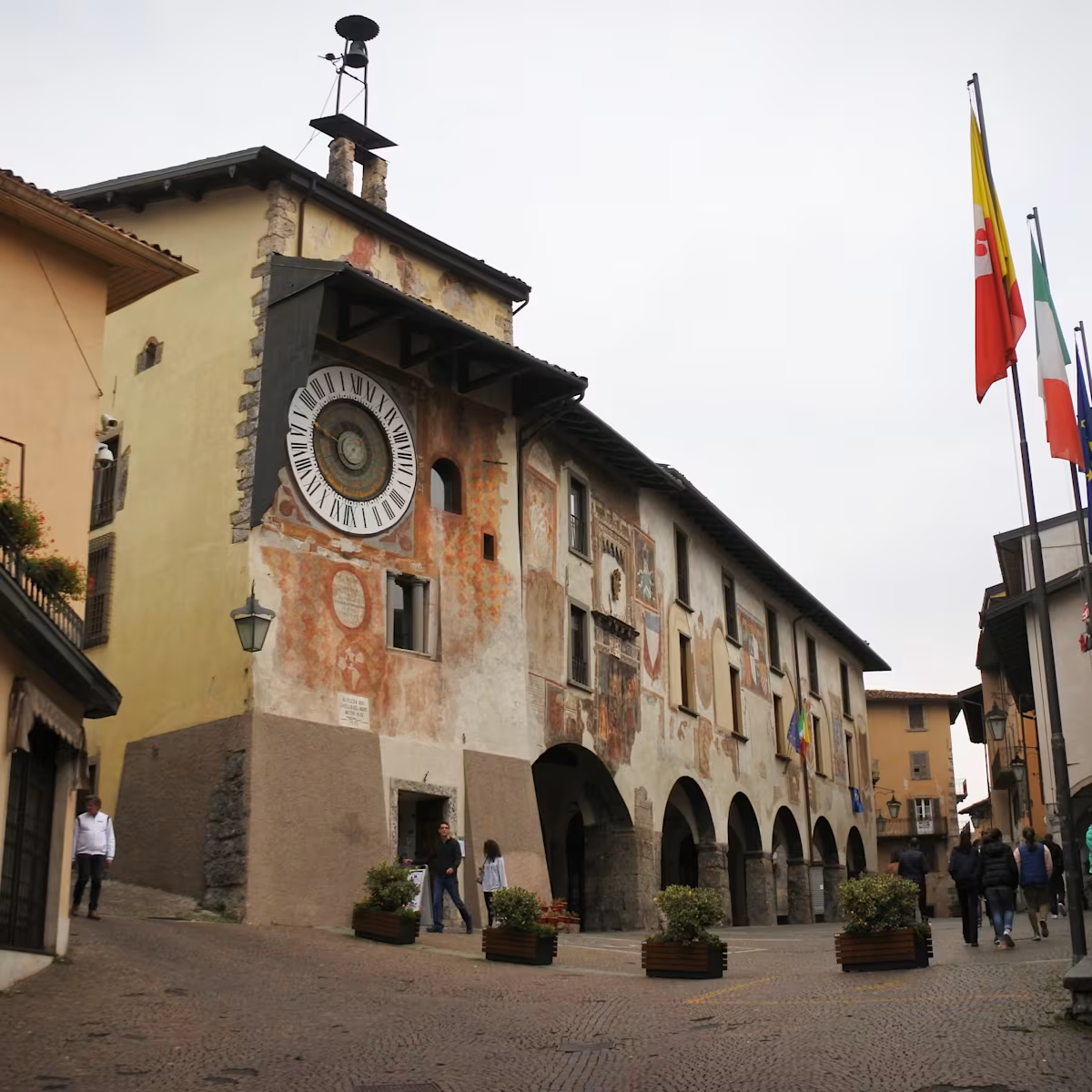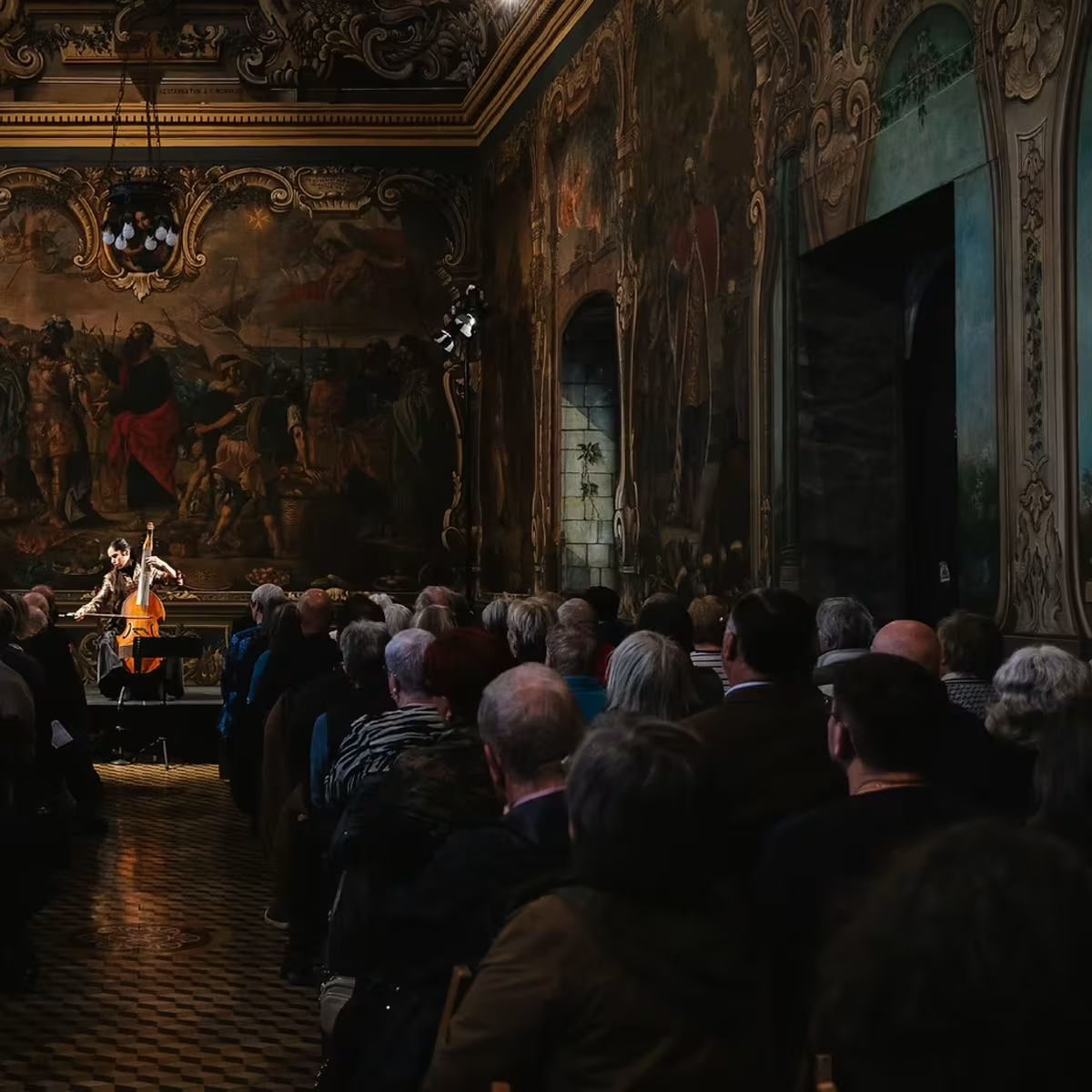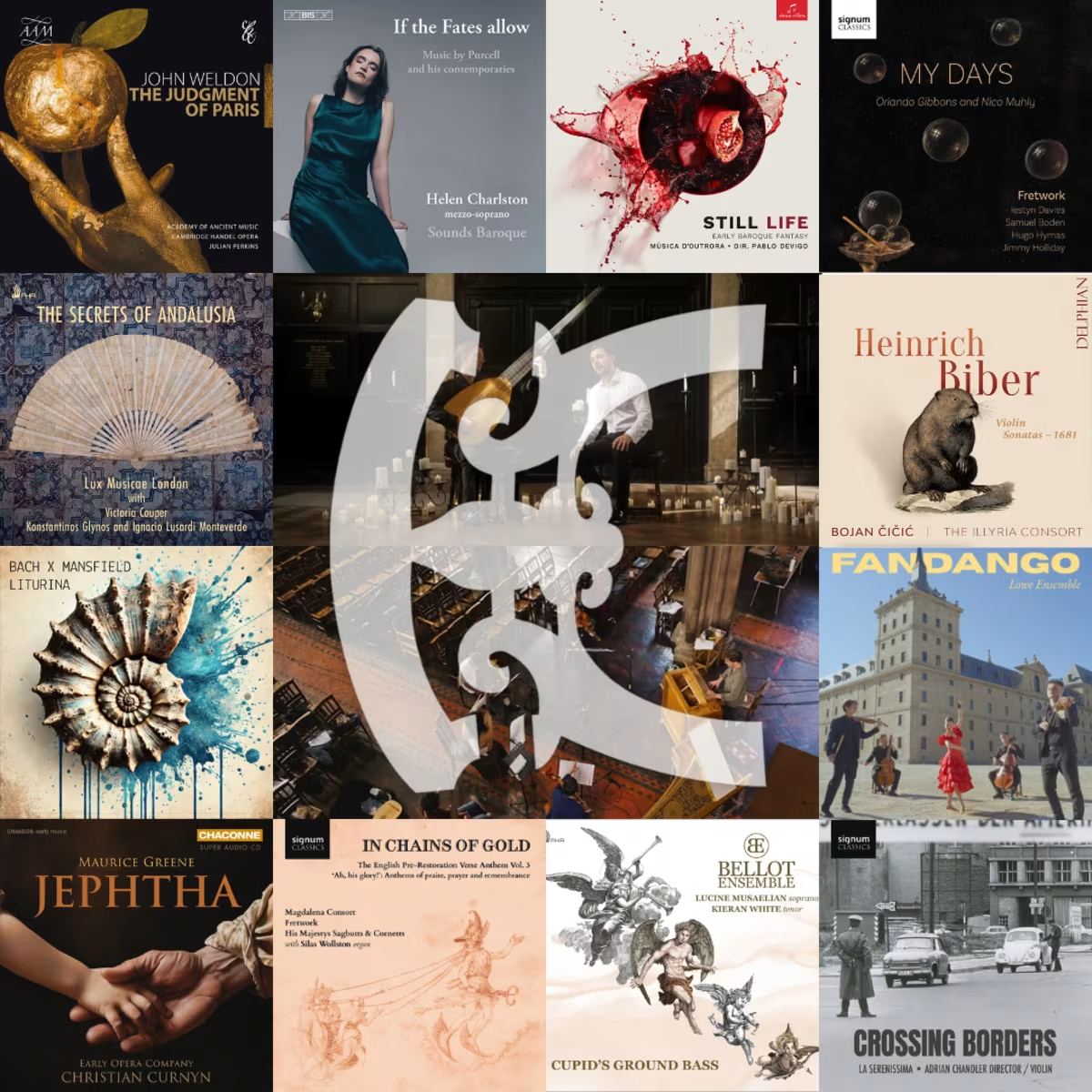Recording
Handel In Rome
Nardus Williams, Dunedin Consort and John Butt
Share this

FIRST PUBLISHED 19 OCT 2024
Handel in Rome explores a key phase in Handel’s early career, when his time in the Eternal City significantly shaped his compositional style. Under the direction of John Butt, the Dunedin Consort presents three of Handel’s Italian cantatas, written during his Roman sojourn. Marking the recording debut of soprano Nardus Williams, this album highlights the composer’s engagement with the dramatic and lyrical possibilities of the Italian cantata form.
Handel’s time in Rome, beginning in 1706, marked a pivotal moment in his development. Though opera was banned in the city due to papal decree, the young composer found a creative outlet through secular cantatas, where he could explore the dramatic possibilities of the human voice. This recording brings to life three of Handel's cantatas from that period: Ero e Leandro, Tra le fiamme, and Armida abbandonata. Each work showcases Handel’s ability to blend intricate storytelling with virtuoso vocal lines, resulting in music that is at once dramatic and intimate.
Nardus Williams, winner of the Rising Talent award at the 2022 International Opera Awards, shines in these cantatas, delivering a performance full of emotional depth and vocal precision. The Dunedin Consort, led by Butt, brings out the lush textures of Handel's compositions, expertly balancing instrumental richness with the vocal line.
This album, released on Linn Records, is available to stream on Apple and Spotify, and to purchase here.
This project was supported by a grant from Continuo Foundation
Supported by Continuo Foundation
Share this
Keep reading

Legrenzi: A forgotten genius full of surprises
In the town of his birth, the Musica Mirabilis ‘Giovanni Legrenzi’ Festival revives the legacy of a composer who links Renaissance polyphony with Baroque drama.

Baroque in the sun: Malta’s January escape
The 14th edition of the Valletta Baroque Festival brings rare music to palaces, churches and theatres in Malta throughout January.

The Continuo Collection | 2025 Albums
A curated selection of tracks from the 12 recordings supported by Continuo Foundation which were released in 2025.



